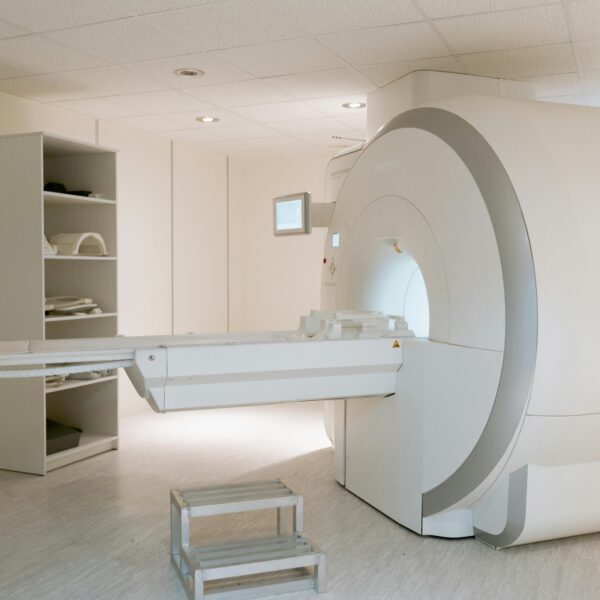Licensed Clinical Social Workers (LCSW) and Licensed Mental Health Counselors (LMHC) have a fair bit of cross over, from their schooling to their career prospects. Because of this, it can be easy to assume that they are interchangeable degrees. While that may be nearly true at lower levels, specialized opportunities will often prefer one over the other, to take a look at our breakdown of the two licenses and figure out which suits you best.
Education
In terms of education, LCSWs and LMHCs are remarkably similar. They both require advanced formal education in the form of a master’s degree. While neither require a doctorate, those who suspect that they will want to pursue other opportunities after a while will often still pursue one.
The major differences start when looking at individual classes that the specialties might take. While the general subject matter will often seem the same, LCSW courses will focus far more on the socioeconomic circumstances that cause the environment of the patient. On the other hand, LMHCs focus far more on the direct diagnosis and treatment of a patient, looking to solve the problems in the individual.
Certifications and Licensure
For both specialties, a period of internship or supervised clinical work is required after obtaining a master’s degree. In this case, the largest variation comes from the states where one must get licensed as the individual states are the ones that set the requirements for licensure.
Due to the possibly confusing nature of obtaining a social work license, groups like Social Work Licensure have made a great effort into streamlining a fair number of resources into one website. Check out their page to ensure that you put the correct foot forward on your new career path.
Career Prospects
LCDSWs and LMHCs have the ability to provide service in many of the same areas, though their focuses differ quite a bit. Be it in a hospital, clinic, school, or as a public service, LMHCs will focus on finding solutions based on what is happening to the individual. On the other hand, LCSWs look at the surrounding variables of the situation. They take into account the social and economic view of the situation and uses more holistic means to address the core of the issue.
In terms of prospect for work, social workers of all kinds can look forward to an increase in need all across the country. For compensation, both of these opportunities often average to be about the same in terms of pay, so there is no need to worry about losing out on a better pay day by picking one over the other for now.
Can I Practice Social Work Without a License?
If you are interested in social work but not interested in obtaining a master’s degree, don’t panic. With a bachelor’s degree in social work, you can still preform as a professional social worker, but it will come with rather severe restrictions to the services you can provide to others. If you are passionate about social work, pursuing your master’s degree is nearly essential.
Whether you are interested in social work or another healthcare field, be sure to check out our job page here to see if there is an opportunity that catches your eye. If you are looking for something different from what we have on our job board, then submit your updated resume here and we’ll connect with you are soon as possible.











